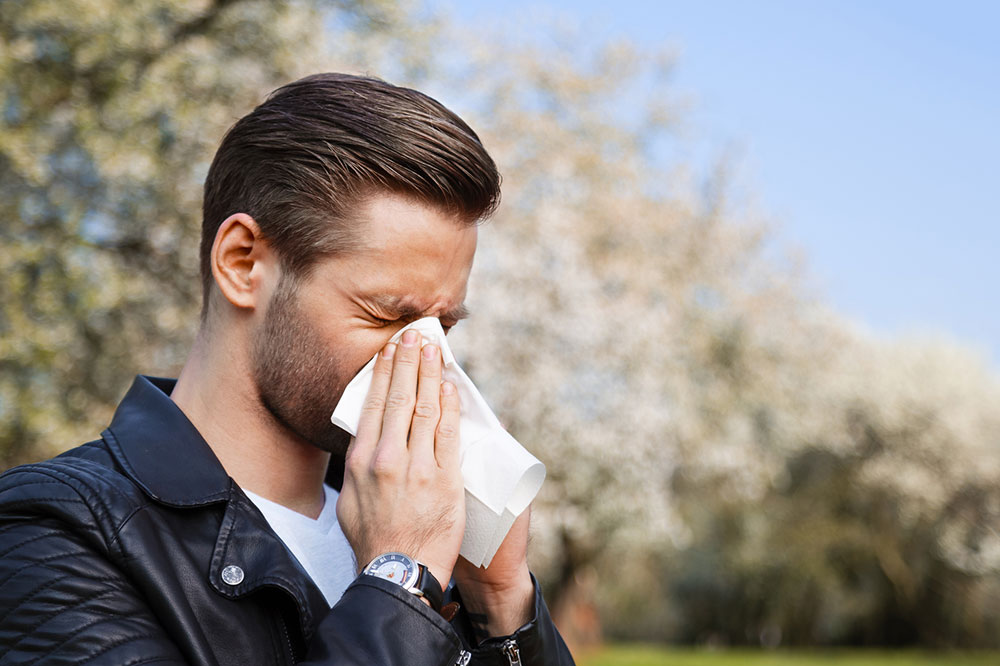Frequently asked questions about allergies
Allergies are the result of our body’s immune system responding to a foreign substance, which might not be harmful, entering the body. These foreign substances are referred to as allergens and can be found in certain food items, air, pet dander, pollens, etc. Herein, we respond to some of the common FAQs about allergies.
What are allergies?
The immune system of the body is responsible for ensuring that the body is healthy by keeping all kinds of allergens at bay. The immune system does this by launching an attack on anything that appears to be a foreign substance and can pose a threat.

What are their common symptoms?
The symptoms of allergies depend largely on the allergen that has entered your body. Different kinds of allergens can impact various body parts such as the digestive system, airways, sinuses, or nasal passages. The level of allergic reactions can vary between mild to severe.
- Itchiness in the nose, some parts of the mouth, and eyes
- Runny and stuffy nose
- Sneezing
- Red or swollen eyes with watery discharge
Symptoms of allergies caused by foods are
- Tingling sensation in the mouth
- Inflamed lips, face, tongue, or throat
- Anaphylaxis
- Hives
Allergies caused by insect bites can have the following symptoms:
- Edema, i.e., swelling in large part of the area around which the insect has bitten.
- Hives or itching in various parts of the body
- Tightness in the chest, wheezing, cough, and breathlessness
- Anaphylaxis
What are the common causes?
The primary causes of allergies are yet to be discovered by researchers. Why the immune system reacts in a certain way even when a harmless foreign body enters our body is yet to be known. Allergies can be genetic, i.e., if the parents are allergic to something, they are likely to pass on the allergy to their children too. But it’s important to understand that only general proneness to allergies can be genetic. Specific allergies are not passed on genetically. So, if a parent is allergic to seafood, it is not necessary that their child will also be susceptible. There are several common types of allergens that can be the cause of our allergic reactions, including the following:
- Certain medications
Medicines like penicillin can cause allergies in some people. - Insect bites
Allergies can be caused by the stings of insects such as bees, wasps, and mosquitos. - Foods
Dairy products, wheat, seafood, and nuts can be the cause of allergic reactions in many people.
Who is at risk?
Although general allergies can affect anyone, specific types can develop in people who have are susceptible to the risk factors. such as a family history of asthma and other allergic reactions such as hives or Hay fever.

